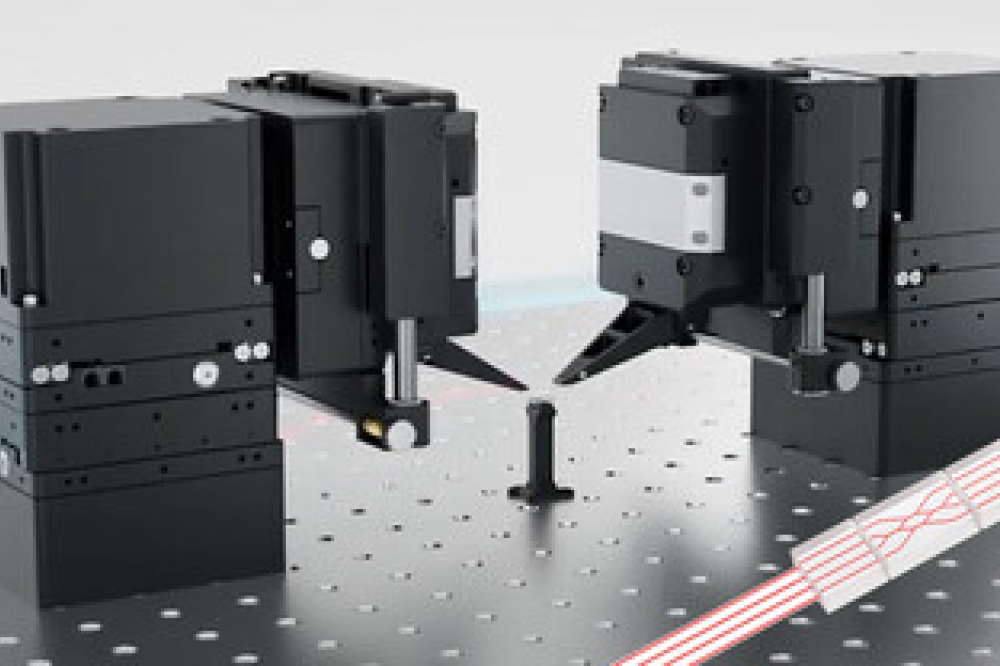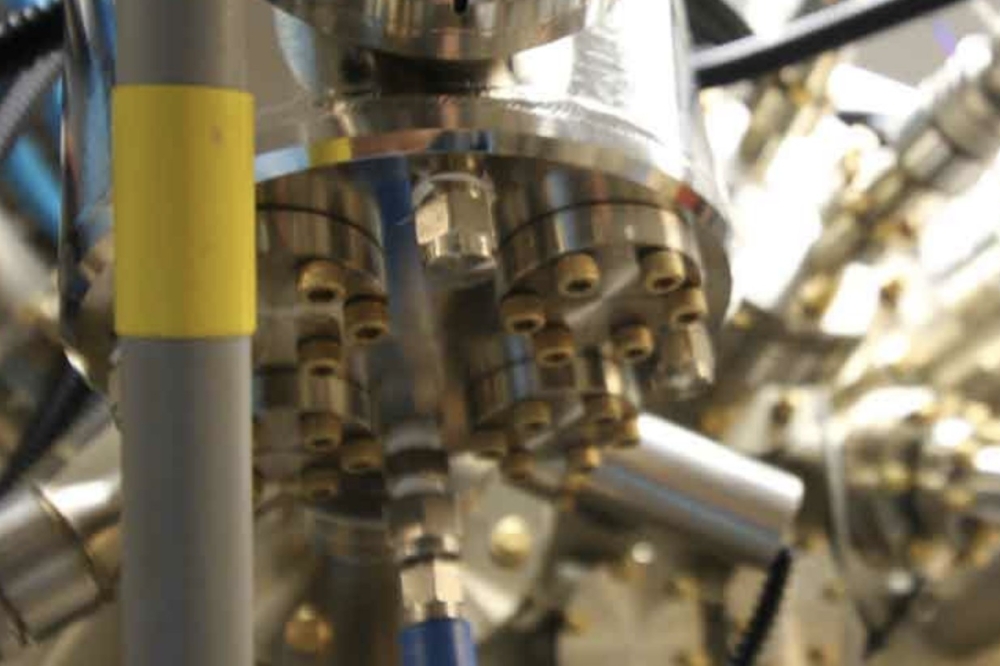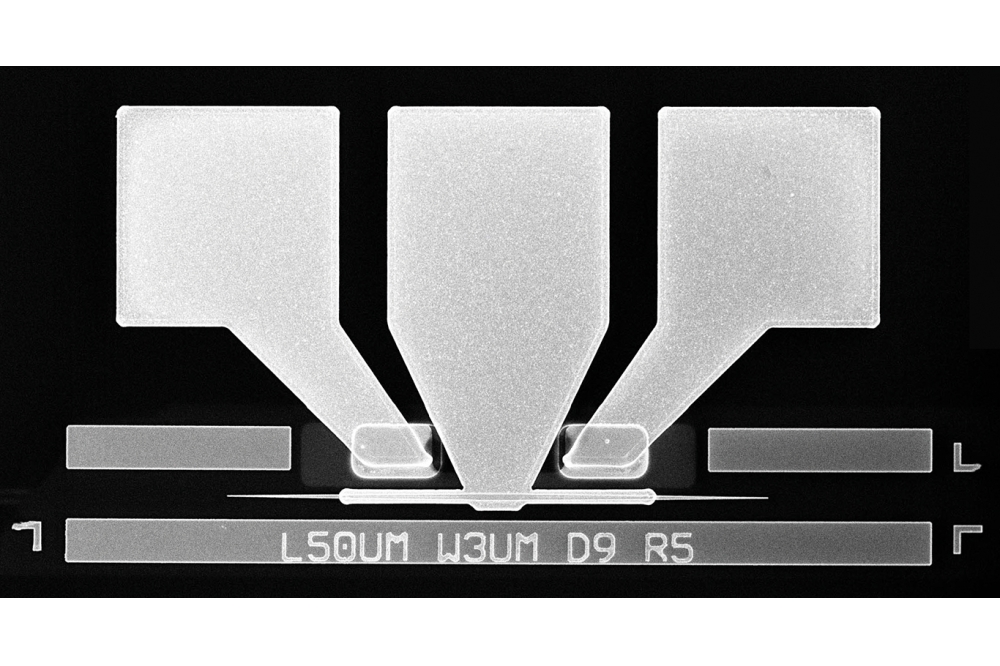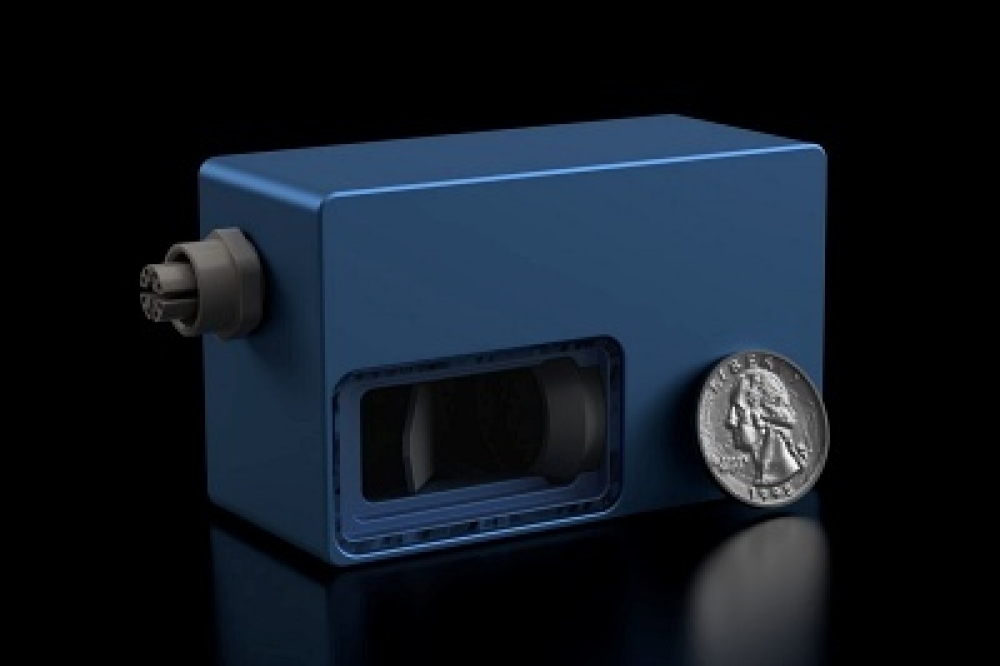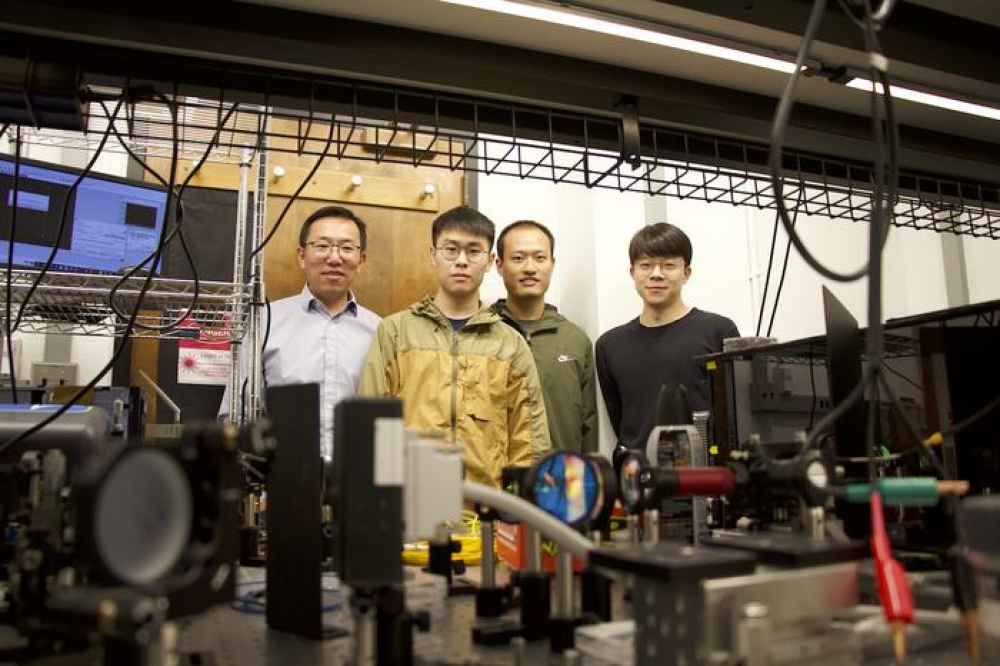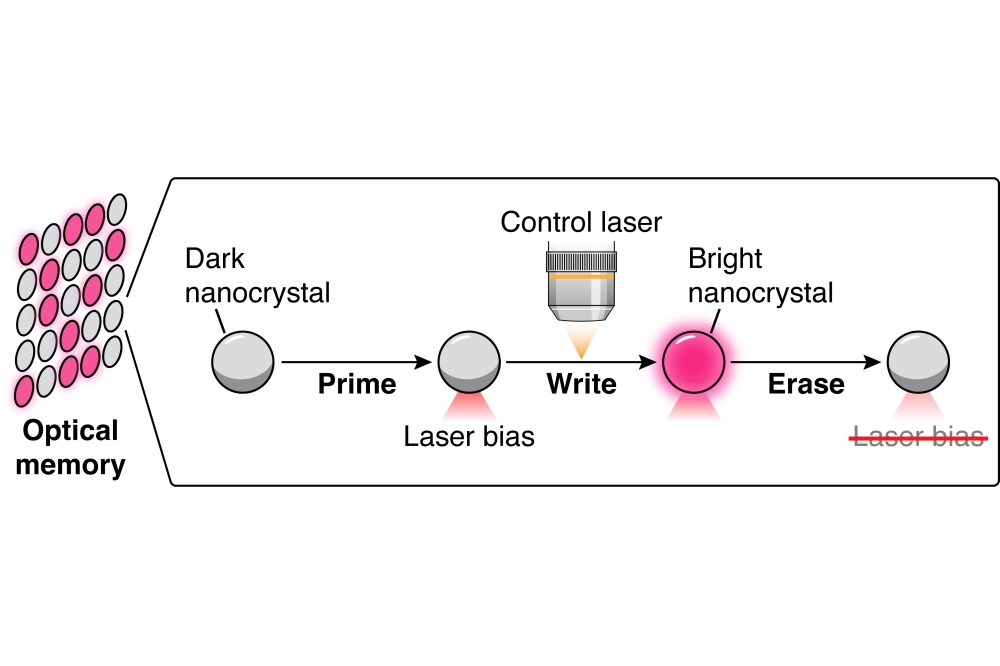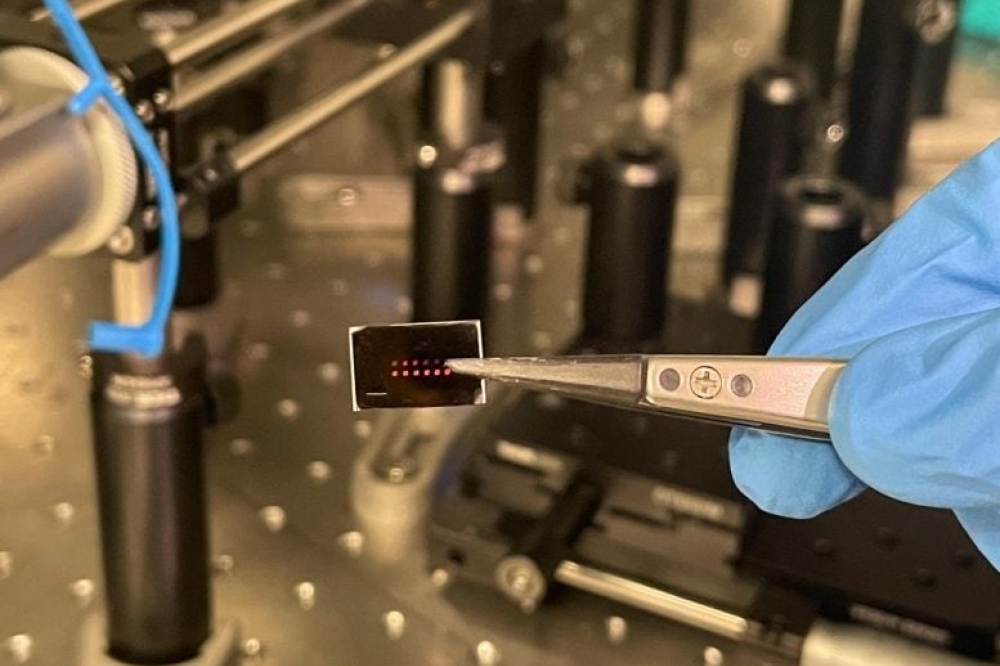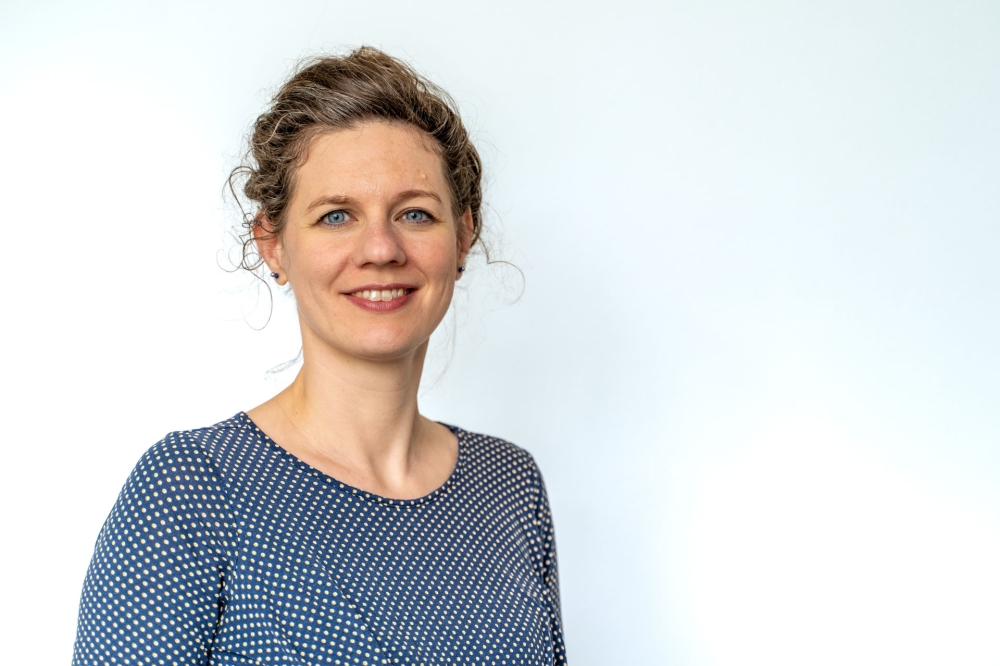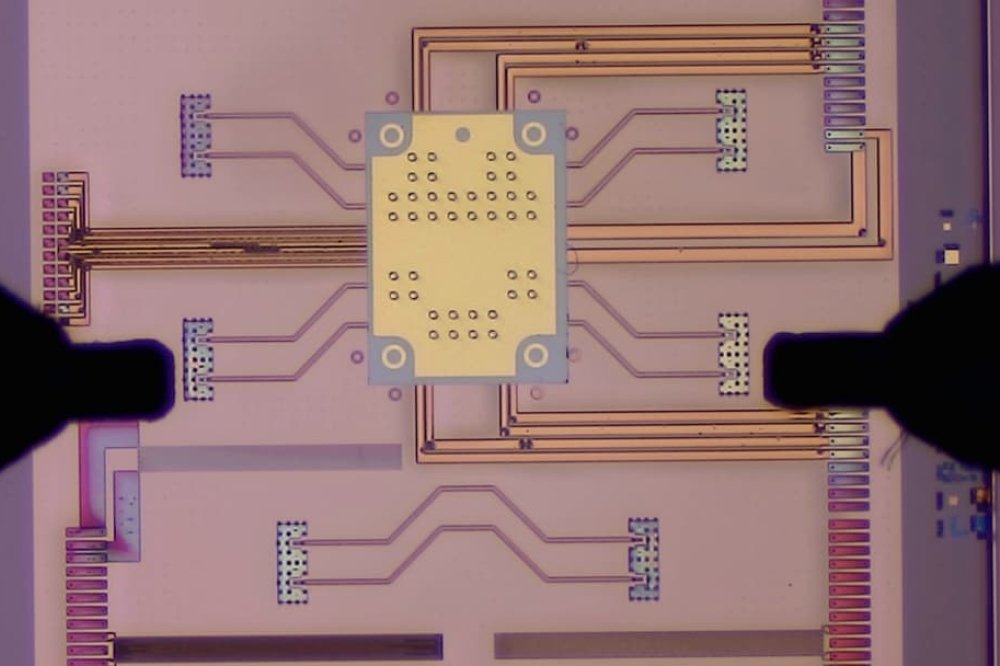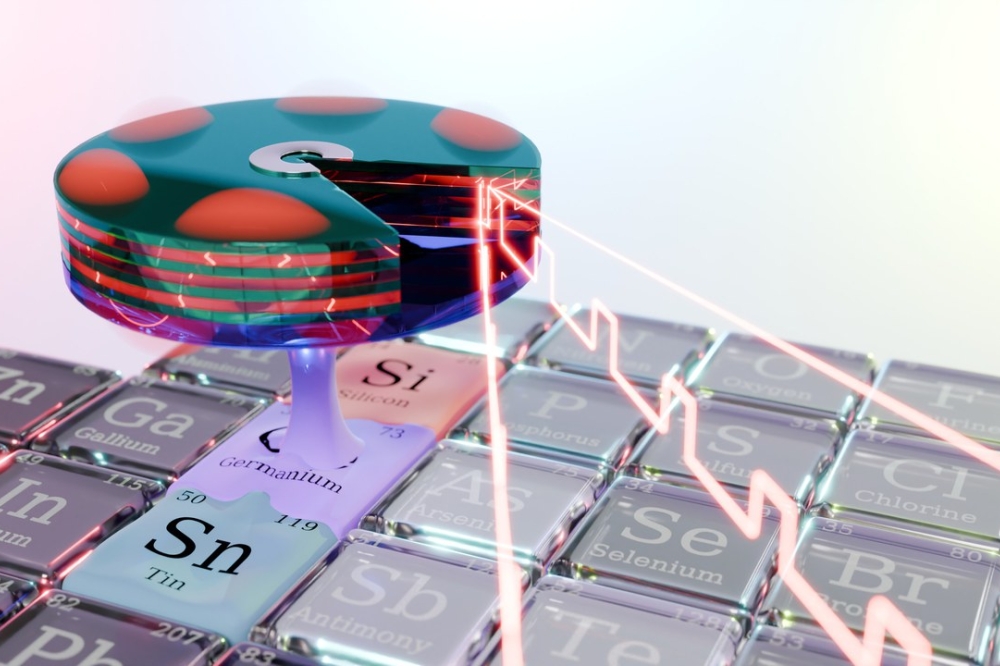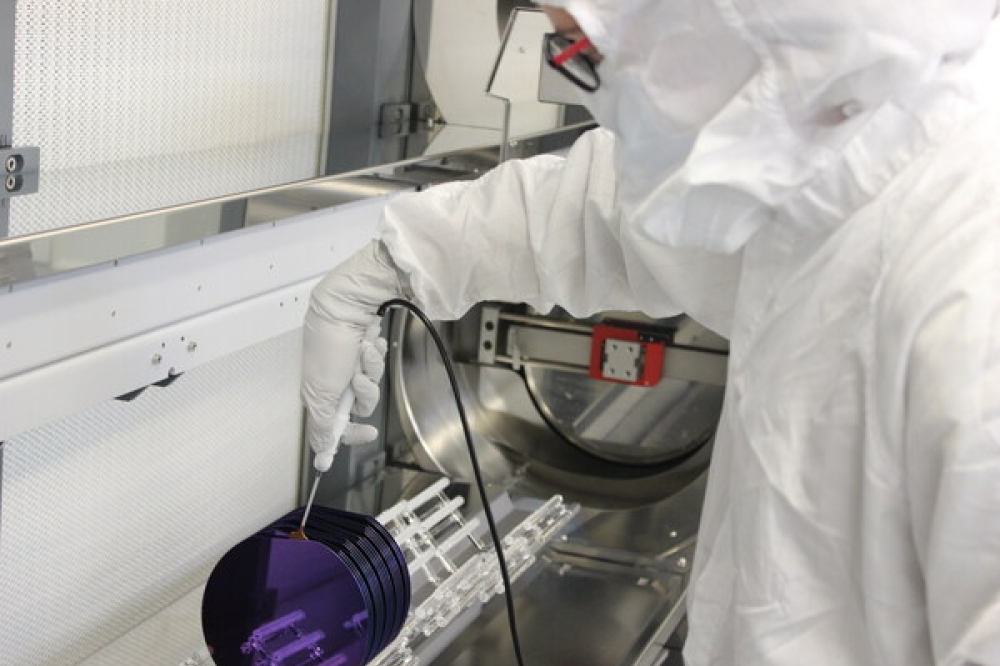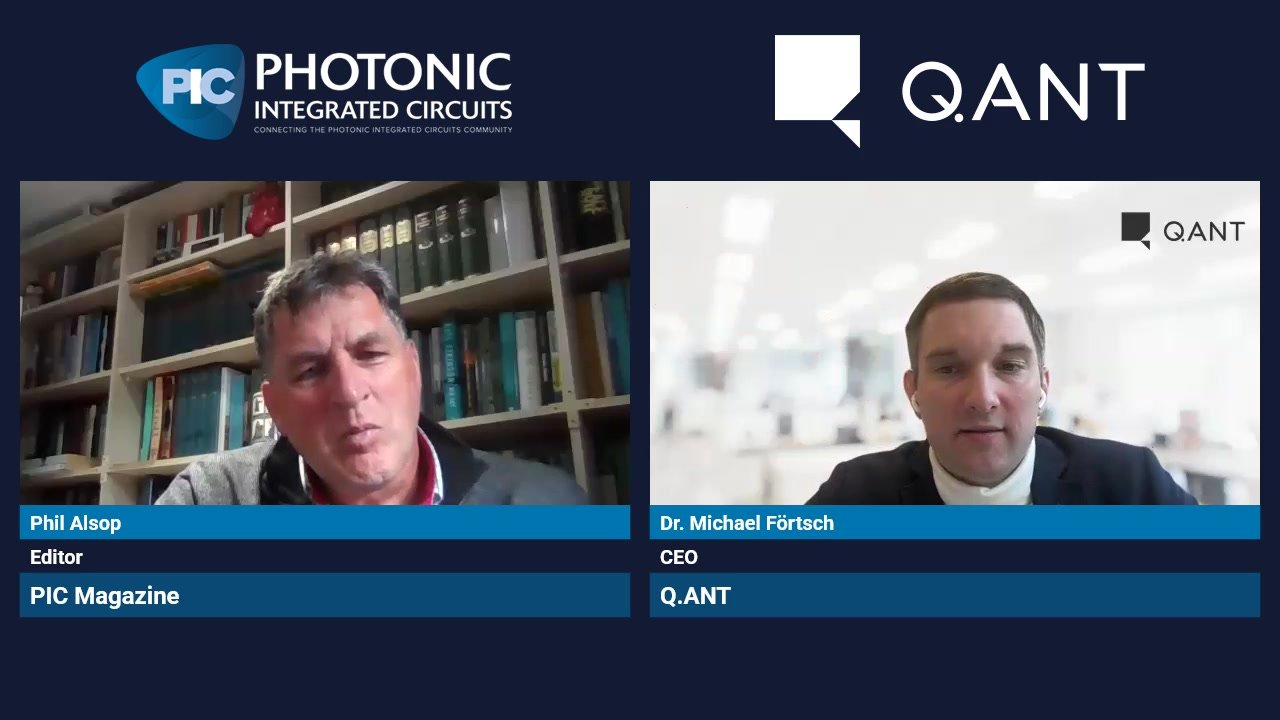Sarcura secures €1.7 million grant from Austrian Research Promotion Agency
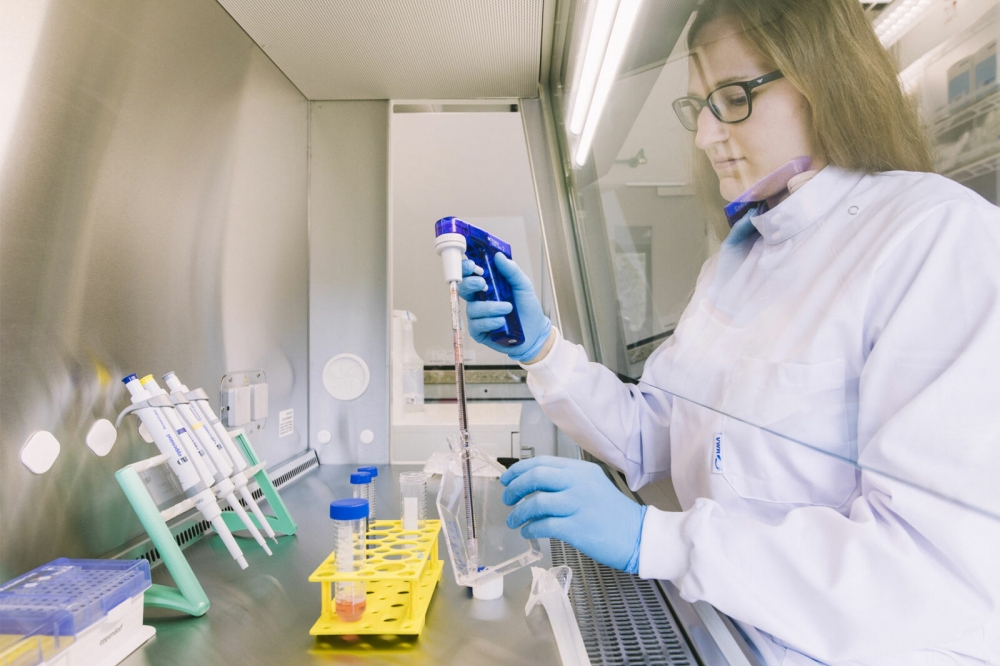
The health-tech startup will use the funding to advance the development of its silicon photonic SiPlex prototype chip, and accelerate a miniaturised, autonomous cell therapy manufacturing platform
The Austrian deep-tech startup Sarcura has announced it has secured a grant of €1.7 million from the Life Sciences Program 2023 of the Austrian Research Promotion Agency (FFG). The company says this funding will accelerate its mission to develop a miniaturised and autonomous cell therapy manufacturing platform.
Cell therapy holds the promise of curing cancer and other diseases, yet the manufacturing of patient-derived cell therapies remains a formidable challenge for the industry. Quality and scalability issues contribute to substantial therapeutic costs, currently restricting access to these life-saving treatments to a mere 3 percent of eligible patients.
“Imagine the entire cleanroom manufacturing suite, along with the analytics lab, both shrunk to the size of a suitcase enabling the autonomous processing of thousands of CAR-T Therapies,” says Daniela Buchmayr, cofounder and CEO of Sarcura. “This marks the new era of cell therapy manufacturing that Sarcura aims to build, with continuous support from FFG, our investors and advisors, and our exceptional team.
“While automating manual manufacturing in the CGT industry is a logical and crucial next step, it will only yield incremental improvements as long as automation relies on a room-sized cleanroom footprint and separate analytical labs. The crucial missing elements are control intelligence and miniaturisation.”
According to Sarcura, as proven in other industries, transitioning from operator control to machine-generated real-time analytics will evolve automation into machine autonomy. The company seeks to drive this change by strategically utilising silicon chip technology to develop specialised microfluidic cartridges tailored for the unique processing and control requirements of cell therapy manufacturing.
Sarcura will leverage this new grant to further advance the development of its SiPlex Prototype, a chip that integrates multiple cell sorting structures employing silicon photonic technology on the size of a stamp.
“Big problems require completely novel, bold solutions,” adds Buchmayr. “At Sarcura, we refuse to settle for incremental change. Pioneering at the intersection of technologies, as we do by integrating semiconductor technologies into cell therapy manufacturing, means fundamentally challenging the status quo, but this is necessary to bring life-saving cell therapies to all eligible patients.”
Image credit: Sarcura



